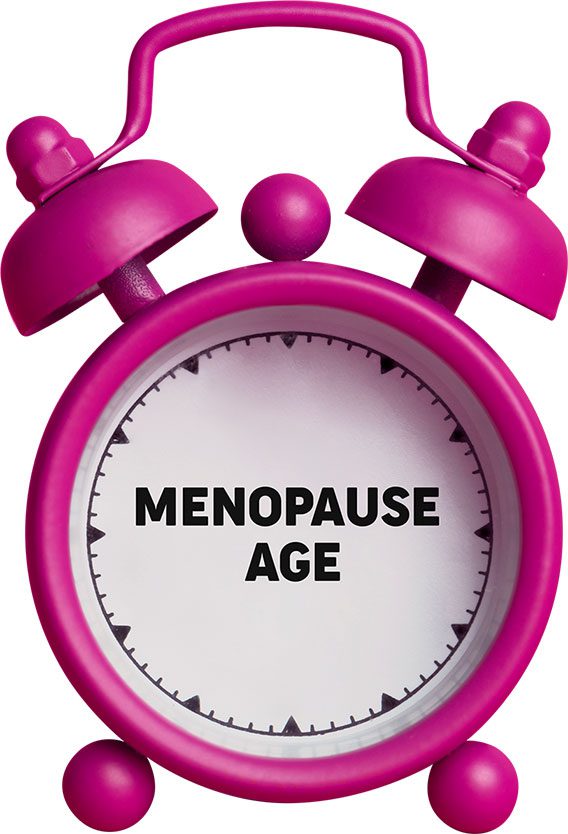Call us: 0765292738
Call us: 0765292738
Menopause is one of the most significant natural stages in a woman’s life. It’s when your periods stop due to lower hormone levels and usually happens between
the ages of 45 and 55. Fluctuating hormonal levels can lead to emotional, mental, and physical changes
in a woman’s body.
Although it can be a challenging time, it’s also an opportunity to put your needs first. This is a time when many women choose to make changes in their lifestyle to help maintain their physical and emotional equilibrium. Also to support their body in
adapting to the changing rhythms of this natural
mid-life transition.



A hysterectomy before menopause will usually result in a woman becoming menopausal at an earlier age than she would have done without the surgery.
Broadly speaking the surgery will be either a
hysterectomy or an oophorectomy (a hysterectomy
including the removal of the ovaries). In all cases
periods will stop and you will no longer be able to
become pregnant.
In the case of an oophorectomy, where the ovaries are
removed, you will immediately become menopausal
post-surgery. If the ovaries have not been removed as
part of the hysterectomy, you will become menopausal
any time up to 5 years following the surgery.
This early menopause will give you the same symptoms
as any normally occurring menopause.

There are two divisions of the Autonomic Nervous System (ANS), the Sympathetic Nervous system (SNS) and the Parasympathetic Nervous System (PNS).
Menopausal symptoms are the result of a natural reduction of hormones, primarily progesterone and oestrogens. These
reductions are believed to be the cause an imbalance to the ANS, which is responsible for
controlling bodily functions, including stress reactions such as sweating, body temperature, circulation, heart rate, bowel
and bladder function, and more.
Symptoms such as sweating and anxiety, which are commonly associated with menopause, are under the control of the
Sympathetic division, which is our body’s fight-flight stress reactor system. For example, when we perceive a threat, this
is the system that causes our heart to beat faster for more blood flow for faster reactions.
In contrast, the Parasympathetic division (PNS) is responsible for REST and DIGESTION. This is the body’s repair and regulatory system, and it tends to have the opposite effect to the SNS. For example, the SNS speeds the heart rate while the PNS slows it down. The two systems work together to regulate all our organ systems.

* Our customer testimonies claim how LaBalance has relieved most of the well-known menopause symptoms except these highlighted with *. If you feel LaBalance has helped you with any of these symptoms we’d love to hear from you. Please send us an email to admin@labalance.co.za and tell us your story.